Category

Popular Products
-
 Delivery Bed
Delivery Bed
KSh 40,000.00Original price was: KSh 40,000.00.KSh 39,950.00Current price is: KSh 39,950.00. -
 Ambu bag Adults
Ambu bag Adults
KSh 4,500.00Original price was: KSh 4,500.00.KSh 4,000.00Current price is: KSh 4,000.00. -
 Micrometer Screw Gauge
Micrometer Screw Gauge
KSh 1,200.00Original price was: KSh 1,200.00.KSh 850.00Current price is: KSh 850.00. -
 Suction Machine One Bottle
Suction Machine One Bottle
KSh 18,000.00Original price was: KSh 18,000.00.KSh 15,000.00Current price is: KSh 15,000.00. -
 Eye Wash Station
Eye Wash Station
KSh 15,000.00Original price was: KSh 15,000.00.KSh 13,500.00Current price is: KSh 13,500.00.
Latest News
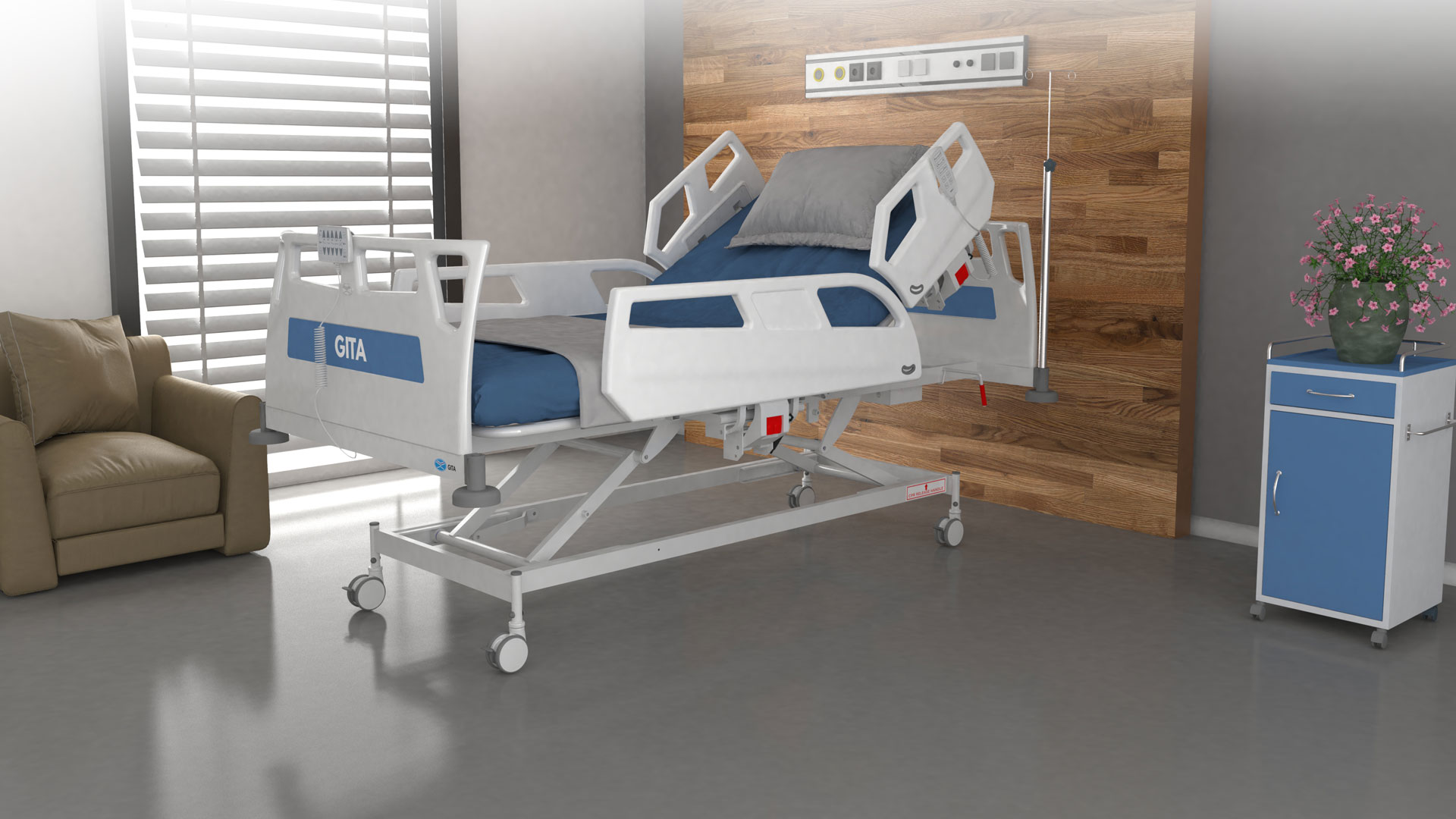
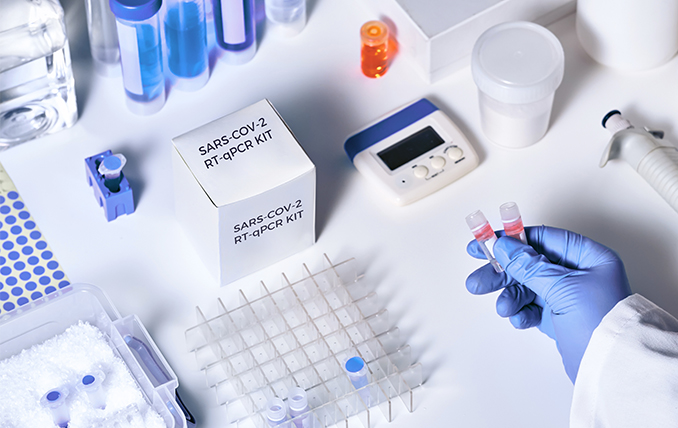

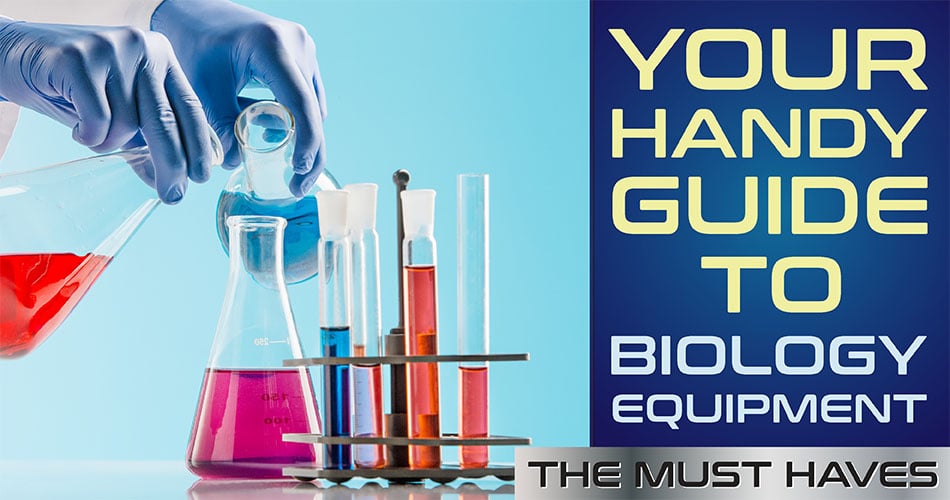
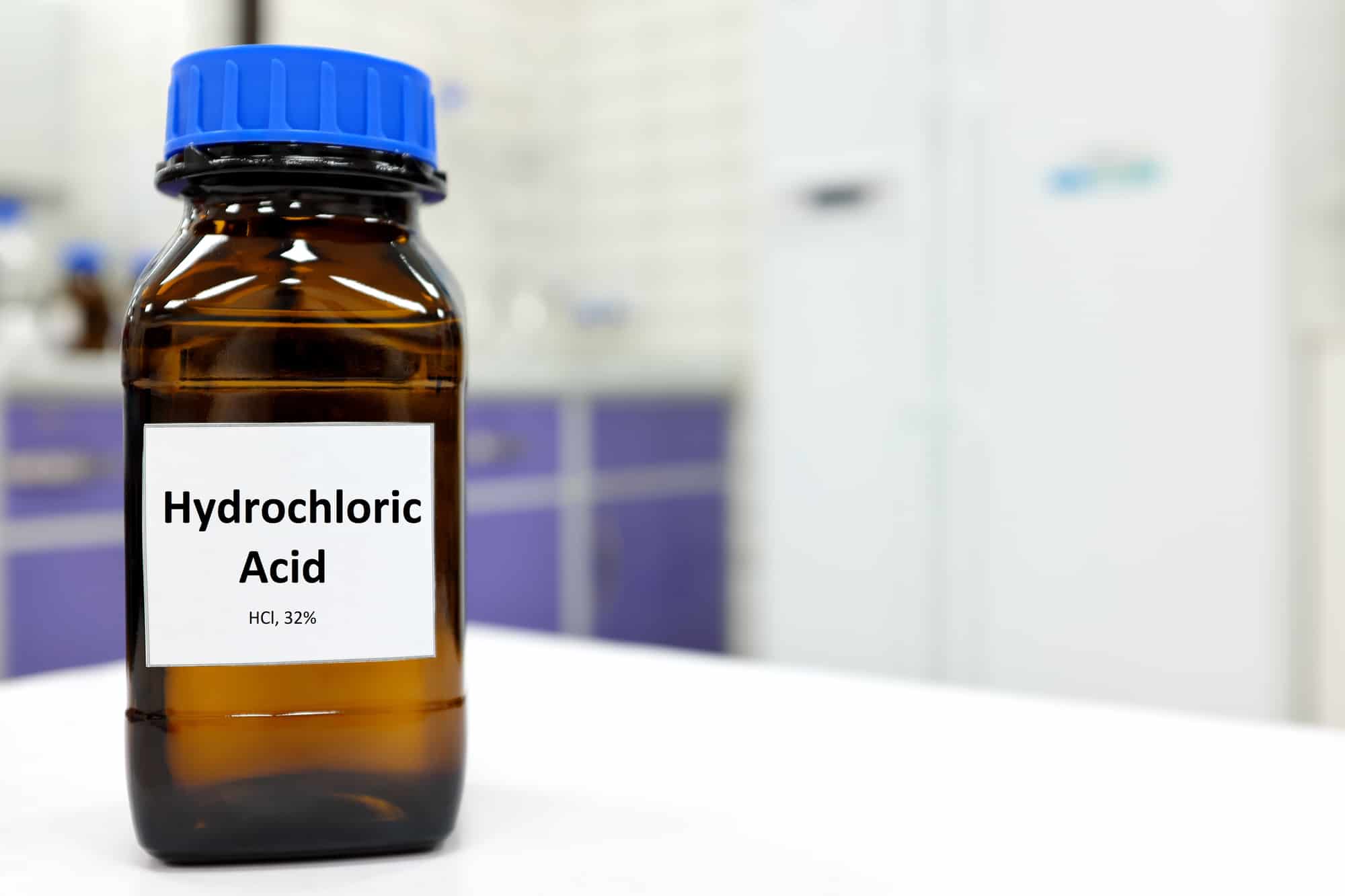

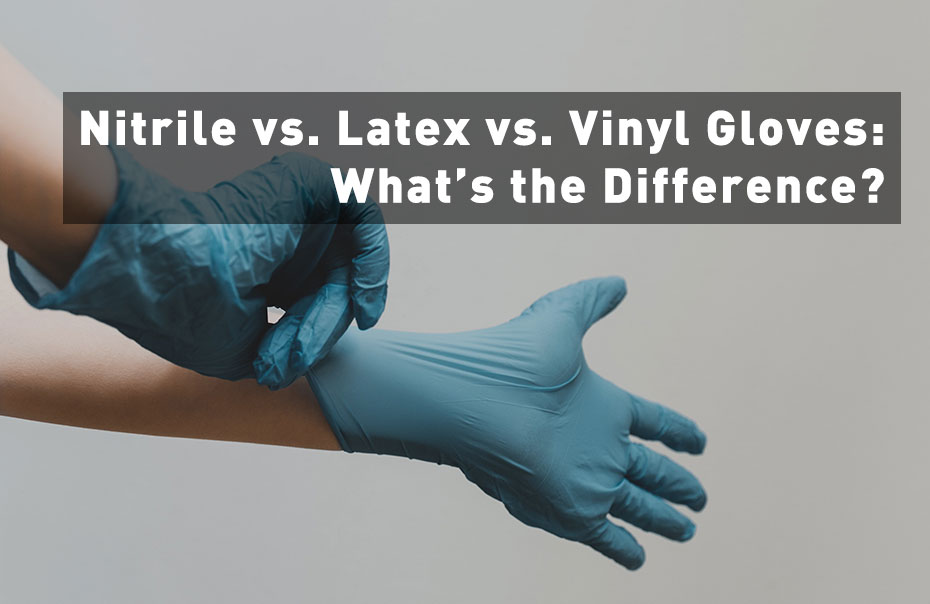
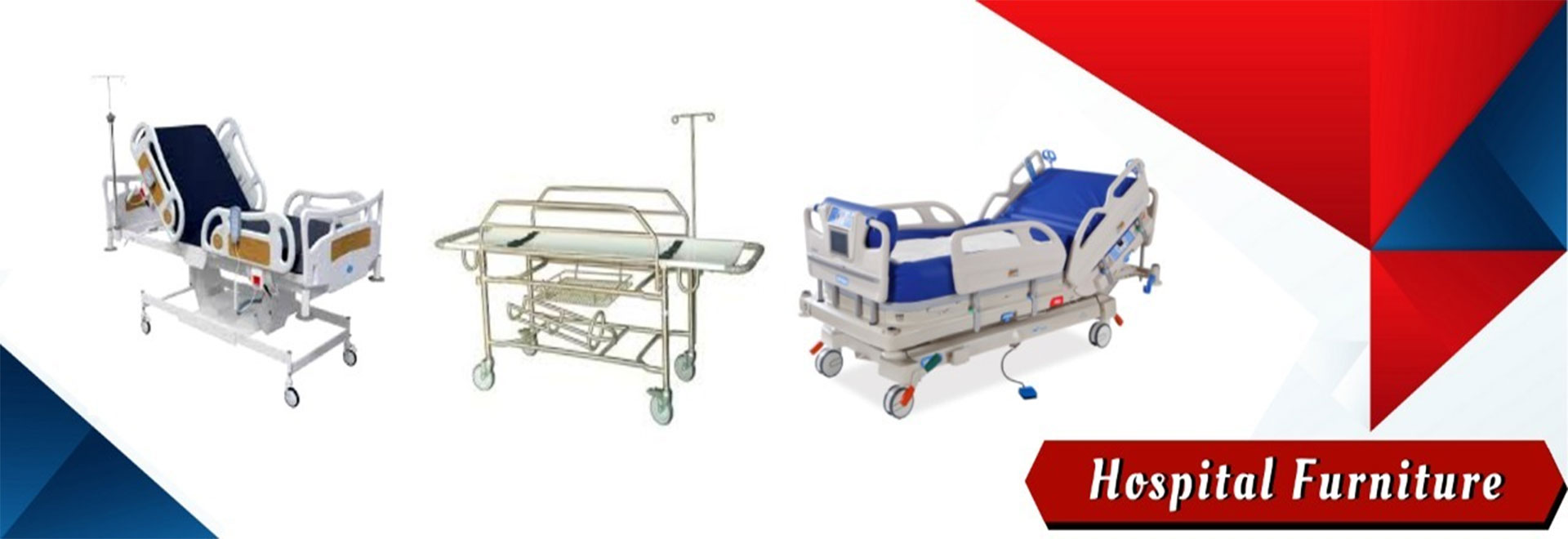

On Sale Products
-
 CBR swell Tripod
CBR swell Tripod
KSh 35,000.00Original price was: KSh 35,000.00.KSh 32,000.00Current price is: KSh 32,000.00. -
 Sodium Alginate Extrapure 250g
Sodium Alginate Extrapure 250g
KSh 19,500.00Original price was: KSh 19,500.00.KSh 15,950.00Current price is: KSh 15,950.00. -
 FOIF RTS102 Total Station Complete
FOIF RTS102 Total Station Complete
KSh 680,000.00Original price was: KSh 680,000.00.KSh 650,000.00Current price is: KSh 650,000.00. -
 Biospy Needle
Biospy Needle
KSh 3,800.00Original price was: KSh 3,800.00.KSh 3,500.00Current price is: KSh 3,500.00. -
 Biohazard Box 5ltrs
Biohazard Box 5ltrs
KSh 300.00Original price was: KSh 300.00.KSh 250.00Current price is: KSh 250.00.


While chemists and researchers are making increased use of plastic in the laboratory, glass is still the choice of many. Obviously, deciding whether glass or plastic is right for the job at hand depends on various elements such as instrument design, material characteristics, and cost. But glass is the choice of many for many good reasons.
The general properties of glass
Glass out-performs plastic with its high chemical resistance against many substances, including acids, alkalis, organic solvents, saline solutions, and water. The only substances that can destroy glass are hydrofluoric acid, strong alkalis used at high temperatures, and concentrated phosphoric acid.
Additional advantages to using glass in the lab include its dimensional stability, even at high temperatures, and its transparency. Other advantages include the fact that many sizes of many pieces of laboratory equipment are available, and glass is easy to clean. It is suitable for reagent and chemical storage, and Pyrex, a type of glass, is resilient to heat.
There are different kinds of technical glass types available, each with different properties, making them useful for differing applications. These are:
Soda-lime glass: eg. AR-Glas is suitable for short exposure to chemicals, and for limited heat stress because of its good physical and chemical properties. Products manufactured from this kind of glass include culture tubes and pipettes.
Borosilicate glass: eg. BORO 3.3, BORO 5.0 Once again, this type of glass has good physical and chemical properties. BORO 3.3 has the ability to withstand a high variety of chemicals and temperatures and has good thermal shock and mechanical stability capabilities.
What is laboratory glassware?
Laboratory glassware is a large variety of equipment used in science that has, up until the advent of some plastic alternatives, been traditionally made from glass. Glass is used in analytical laboratories, as well as in chemistry and biology.
Glass can be formed into many shapes and sizes by molding, cutting, bending, and blowing. Because of the possibility of breakage, many laboratories train first-time staff in how to use glassware in the lab correctly, and about the potential hazards inherent in working with glass.
Tips for working with glass in the laboratories
When you work with glass in the laboratory, it is important to remember its limitations in regard to mechanical stress and thermal shock. Ensure that you take strict safety measures at all times. When inducing an exothermic reaction, such as when you dilute sulphuric acid, make sure you stir and cool, and that the reaction takes place in a suitable vessel.
This could be an Erlenmeyer flask. Avoid using graduated cylinders and volumetric flasks for exothermic reactions. Do not heat volumetric instruments on heating plates or you run the risk of breakage.
Do not expose glass instruments to sudden temperature changes or to sudden pressure changes. For example, do not let air quickly into evacuated glass apparatus, and never evacuate vessels with flat bottoms. They are not designed for vacuum use. Only apply effort (not force) steadily and in a controlled manner on empty glass instruments. Use safety devices such as goggles, gloves, and screens.
The mechanical resistance of glass
In terms of thermal resistance, glass should be heated to a temperature somewhere between the lower and upper annealing point. It should be kept at that temperature for about 30 minutes. It should then be cooled according to prescribed cooling rates.
The tensile strength of glass is fairly low, a factor that is greatly enhanced by the presence of cracks or scratches. In terms of resistance to temperature changes, the glass should be properly heated and cooled so that permissible mechanical loads are not exceeded, and breakage is avoided. Different types of glass show different levels of temperature change resistance.
How glass resists chemicals
Glass reacts minimally with water and acids at the surface level. Only tiny amounts are dissolved from the glass, through which a layer of silica gel forms on the surface to stop a further attack.
Hydrofluoric acid and hot phosphoric acid do, however, prevent such a layer from forming. Alkalis do attack the glass surface at high concentrations and temperatures, sometimes resulting in the destruction of graduations of volumetric instruments, or a change in volume.
How to keep your lab glassware spotlessly clean
First of all, clean the apparatus in cold water to ensure that any protein residues are removed. Then, soak the glassware in a disinfectant solution that is mixed at the correct dilution ratio.
Use a bristle brush to remove any material adhering to the surface of the glass. Then soak again, or use an ultrasonic bath. Rinse the item in deionized water three times to remove any detergent that might be lurking. Drain on a rack, and then dry in a clean environment or a hot air oven.
-
School Fumehood
KSh 515,000.00Original price was: KSh 515,000.00.KSh 495,000.00Current price is: KSh 495,000.00.Add to cartSCIENCE LABORATORY FUMEHOOD
Fume cupboards are an integral part of today’s science classrooms both for Junior and Senior School and are recommended as a key safety measure – staff and pupils need it in the labs are part of safety .
Fume Hood Art.No. SWY-120 External Size (W*D*H) 1200*840*2150mm Internal Size (W*D*H) 1080*730*745mm Work Surface Height 750mm Blower Built-in centrifugal blowers Air Velocity 0.3~0.8m/s Fluorescent Lamp 18W*1 Front Window Manual Consumption Standard Accessory Water tap; Gas tap; Water sink; Base stand, Fluorescent lamp. socket consumption not more than 500W exhaust duct Material Exterior Body: Cold-rolled steel with anti-bacteria powder coating. Work table:Chemical resistant phenolic resin Warranty time : 1 year
-
Ambu bag Adults
KSh 4,500.00Original price was: KSh 4,500.00.KSh 4,000.00Current price is: KSh 4,000.00.Add to cartA bag valve mask (BVM), sometimes referred to as an Ambu bag, is a handheld tool that is used to deliver positive pressure ventilation to any subject with insufficient or ineffective breaths. It consists of a self-inflating bag, one-way valve, mask, and an oxygen reservoir.
The bag is equipped with an anesthetic mask, breathing and oxygen bag.
All components latex free
Disinfectable, autoclave up to 134 °C, gas sterilizable (silicone version)
Robust: ready for use under toughest environmental conditions -
Emergency Collar
KSh 4,000.00Original price was: KSh 4,000.00.KSh 3,550.00Current price is: KSh 3,550.00.Add to cartManufactured from plastic material. Inner side is coated by soft foam material. 3 levels of height adjustment possible with security lock system. Trachea is open for checking pulse and emergency tracheotomies. The hole at the back side of the collar allows palpation of posterior cervical area. Plastizode foam material also is radiolucent which allows X-ray, it possible to use CT, MRI. Collar is single piece and it is easy to use.
-
Autoclave Machine
KSh 165,000.00 – KSh 220,000.00Select options This product has multiple variants. The options may be chosen on the product pageVertical autoclave
-
Military Compass
KSh 15,000.00Original price was: KSh 15,000.00.KSh 12,500.00Current price is: KSh 12,500.00.Add to cartIf a durable compass is your desire, then our metal compass is the one for you. The casing is tough enough for the compass to work in all kinds of conditions, is liquid-filled with a hairline guide wire for accurate readings and precision aiming, and is an excellent choice for any type of outdoor adventure.
SKU:3103MPN:NAWidth:1.18 (in)Height:7.87 (in)Depth:4.33 (in)Warranty:3.9 oz / 3.1 x 2 in Durable metal case Liquid filled for accurate readings Hairline guide wire for precision aiming -
On Call Plus Glucometer
KSh 5,000.00Original price was: KSh 5,000.00.KSh 3,950.00Current price is: KSh 3,950.00.Add to cartFeatures:
-Accurate results in less than 15 seconds
-192 test memory with date and time
-Large display
-Requires small blood sample, just 1.5µl -
-
-
Inogen One Portable Oxygen Concentrator
KSh 400,000.00Original price was: KSh 400,000.00.KSh 380,000.00Current price is: KSh 380,000.00.Add to cartLightweight and long battery life
With the single battery, for up to 4 hours of autonomy, the weight is only 2.2 kg. With the double battery, for up to 9 hours of autonomy, the weight is 2.7 kg.
-
Sanwa CD 772 Digital Multimeter
KSh 32,500.00Add to cartProduct Key Features
-
Measurement CategoryCAT III
-
AC Voltage RangeDigital
-
Resistance Range400/4k/40k/400k/4M/40MΩ
-
Maximum Input Voltage1000V
-
Form FactorHandheld
-
Test/Measurement FunctionsDC Current, AC Current
-
FeaturesTrue RMS, Backlight
-
Number of Counts4000
-
DisplayDigital
-
-
-
Related
Written by labsoko

Testimonials

Mount Everest Clinics
We have been purchasing products from labsoko for the past few months, and we can attest that they supply quality products with very professional approach.

Dr. Stela
Thank you labsoko, you are God sent, it has become easy for us to order our hospital's equipment's and get delivered on time. Asanteni!!!

St Michaels High Scool
All our lab equipments have been restocked from labsoko.com website. We were recommended by a lab technician to you and all we can say is that YOU DELIVER. Keep it up guys
Latest Products
-
 Smart2Pure™ UV/UF 12 ltrs Water Purification System
KSh 2,500,000.00
Smart2Pure™ UV/UF 12 ltrs Water Purification System
KSh 2,500,000.00
-
 VeritiPro™ Thermal Cycler, 96 well
KSh 1,695,000.00
VeritiPro™ Thermal Cycler, 96 well
KSh 1,695,000.00
-
 Kolida KTS-491R10LC Digital Total Station
KSh 1,350,000.00
Kolida KTS-491R10LC Digital Total Station
KSh 1,350,000.00
-
 Ohaus MB120 Moisture Meter
KSh 995,000.00
Ohaus MB120 Moisture Meter
KSh 995,000.00
-
 Leica Sprinter 250 Digital Level
KSh 698,500.00
Leica Sprinter 250 Digital Level
KSh 698,500.00
-
 Kolida K1 PRO Receiver
KSh 675,000.00
Kolida K1 PRO Receiver
KSh 675,000.00
-
 Kolida KTS-442UT Total Station Set
KSh 675,000.00
Kolida KTS-442UT Total Station Set
KSh 675,000.00
-
 FOIF RTS102 Total Station Complete
FOIF RTS102 Total Station Complete
KSh 680,000.00Original price was: KSh 680,000.00.KSh 650,000.00Current price is: KSh 650,000.00. -
 Leica- Sprinter 150 Digital Level
KSh 560,000.00
Leica- Sprinter 150 Digital Level
KSh 560,000.00
-
 DP 20 Portable Ultrasound Machine
DP 20 Portable Ultrasound Machine
KSh 550,000.00Original price was: KSh 550,000.00.KSh 510,000.00Current price is: KSh 510,000.00.
Recent Articles
- Success Story Of A New Clinic After Purchasing All Hospital Equipment’s Online
- Hospital Furniture In Kenya
- Hospital Diagnostic Kits In Kenya
- Hospital Equipment’s In Kenya
- Understanding & Starting an ovulation test kit business in Kenya
- Teacher’s Guide to Lab Supplies Needed for Biology in Kenya
- Understanding Hydrochloric Acid And Where To Buy In Kenya
- An Overview of Nitric Acid and Its Uses in Kenya
- What’s the difference between Nitrile, Vinyl And Latex Gloves?
- Hospital Furniture’s In Kenya; Buying Tips



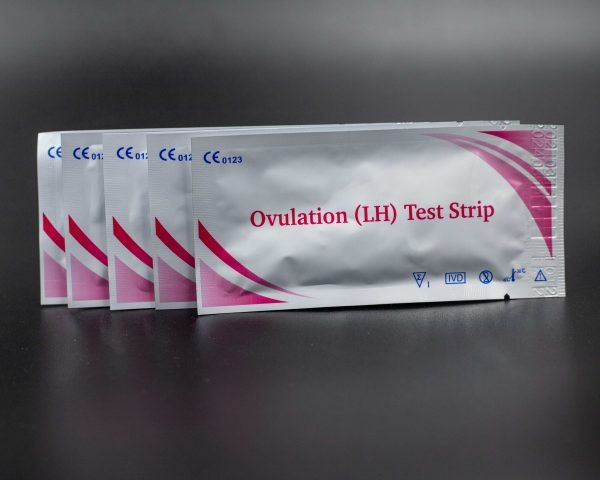










Leave a Reply